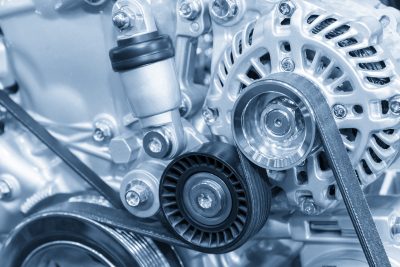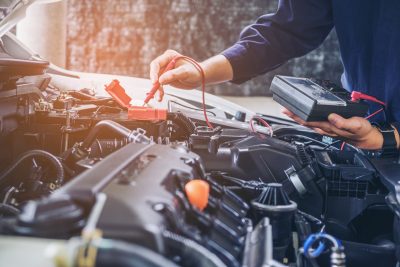All bad days begin with a car that won’t start. Many times it’s the result of a dying or dead battery, and you likely had some early warning signs that you might have overlooked. But it’s also possible that the alternator is the reason your car isn’t starting. If you’re like most people, you know your vehicle has an alternator, but what that does is a mystery to many. Here’s how to know which issue is causing your car dilemma.
Bad Battery
In our previous blog post, we discussed the signs and symptoms of a dying battery. Those indicators include a sluggish engine, dashboard warning lights, an older battery, clicking sounds when trying to start the car, or corrosion on the battery. If jumpstarting gets your car working, then you know the battery is at fault. If that’s the case, it’s a pretty easy fix. You can get batteries in Winter Garden, FL, at a great price from Milliken Battery and Electric, Inc.
Bad Alternator
While the battery charges a vehicle, the alternator does the manual work. The battery provides the electricity needed for the electric starter motor to start the car. When the car is running, the alternator generates energy to feed the electrical system and charge the battery. The tricky part is that many of the warning signs for a dying battery are also the warning signs for a dying alternator. Some of the things to look for are trouble starting or not starting at all, dimming lights, and problems with stereo system output. If your car starts but stalls when you’re driving, your battery is probably not being recharged due to a faulty alternator.
Some car issues should only be inspected and repaired by experienced mechanics, and your car’s battery and alternator are two of them. When you’re having car troubles, call on the experienced team at Millikan Battery and Electric, Inc. to get your car repaired and running as it should.









